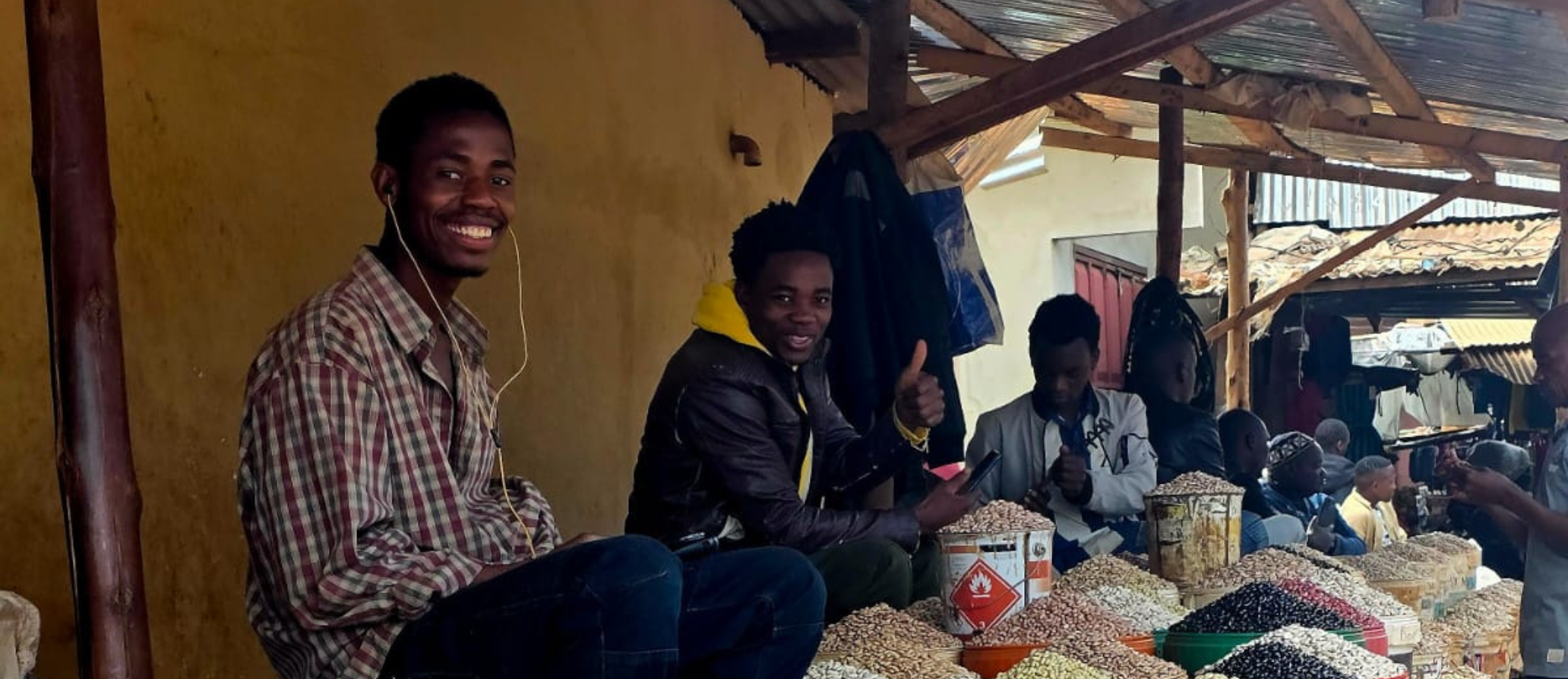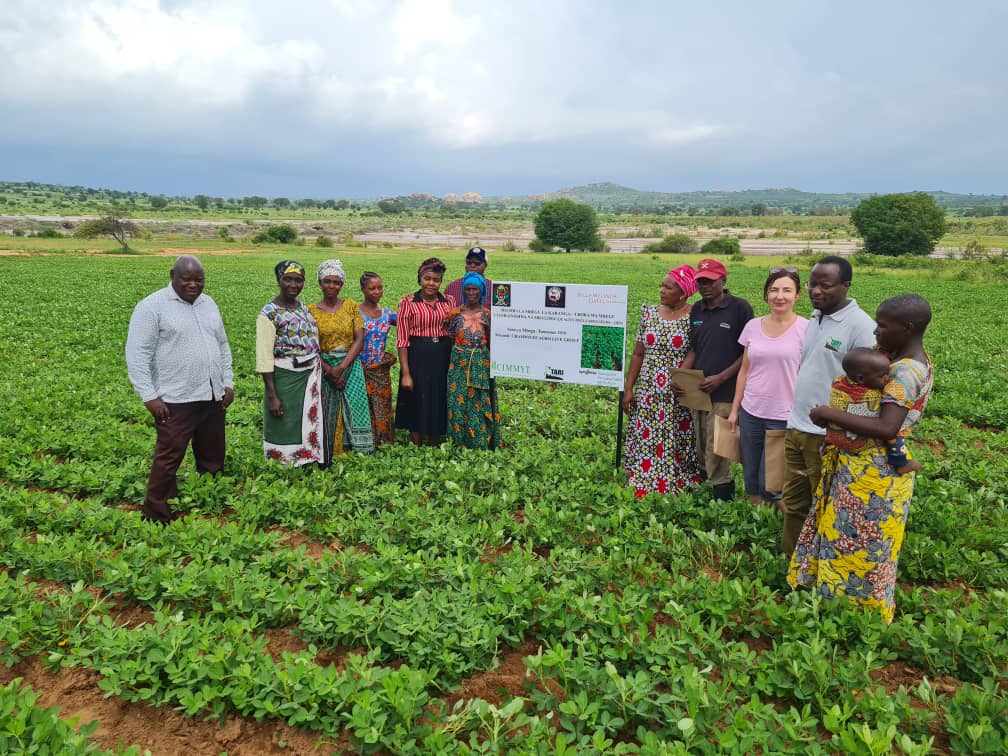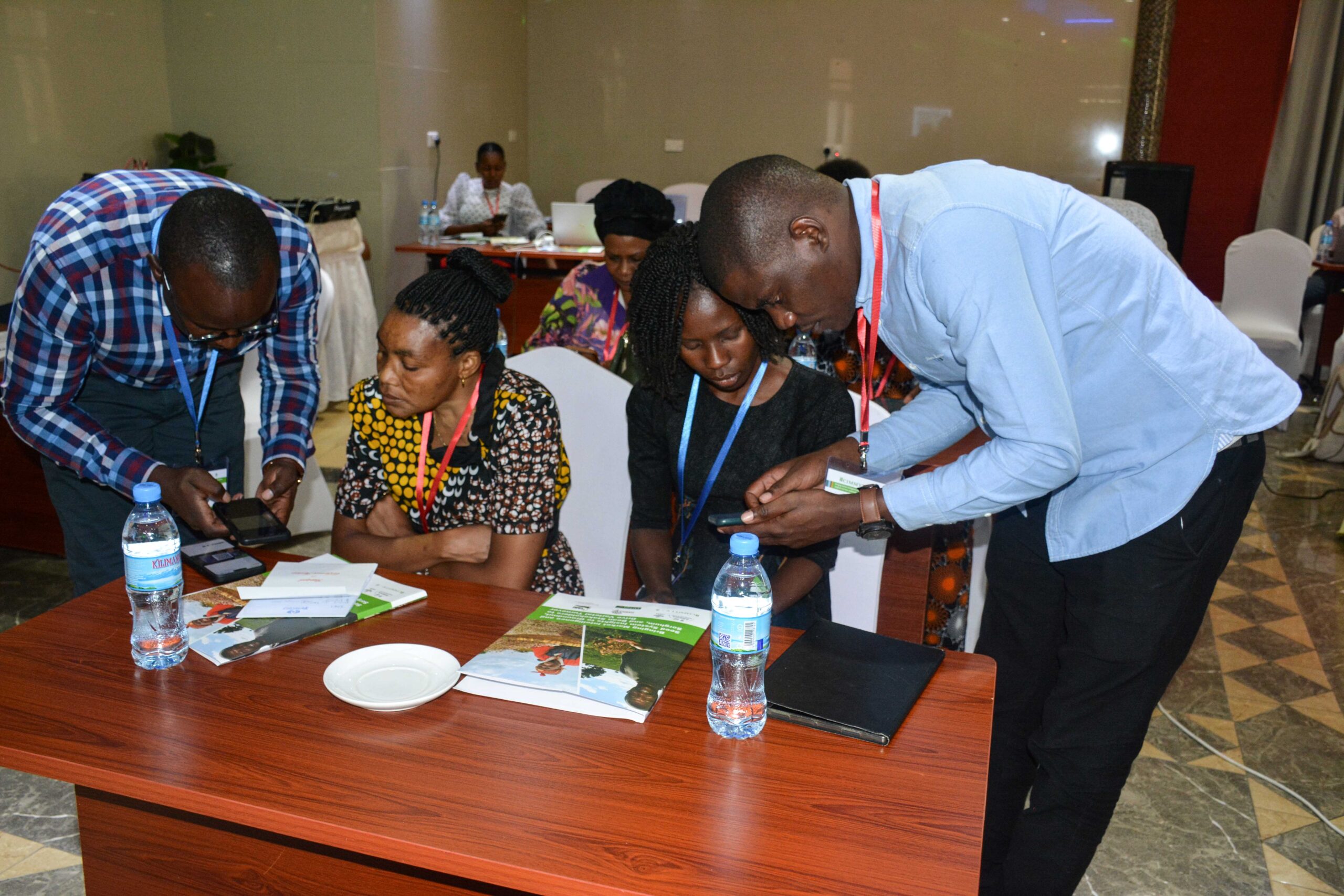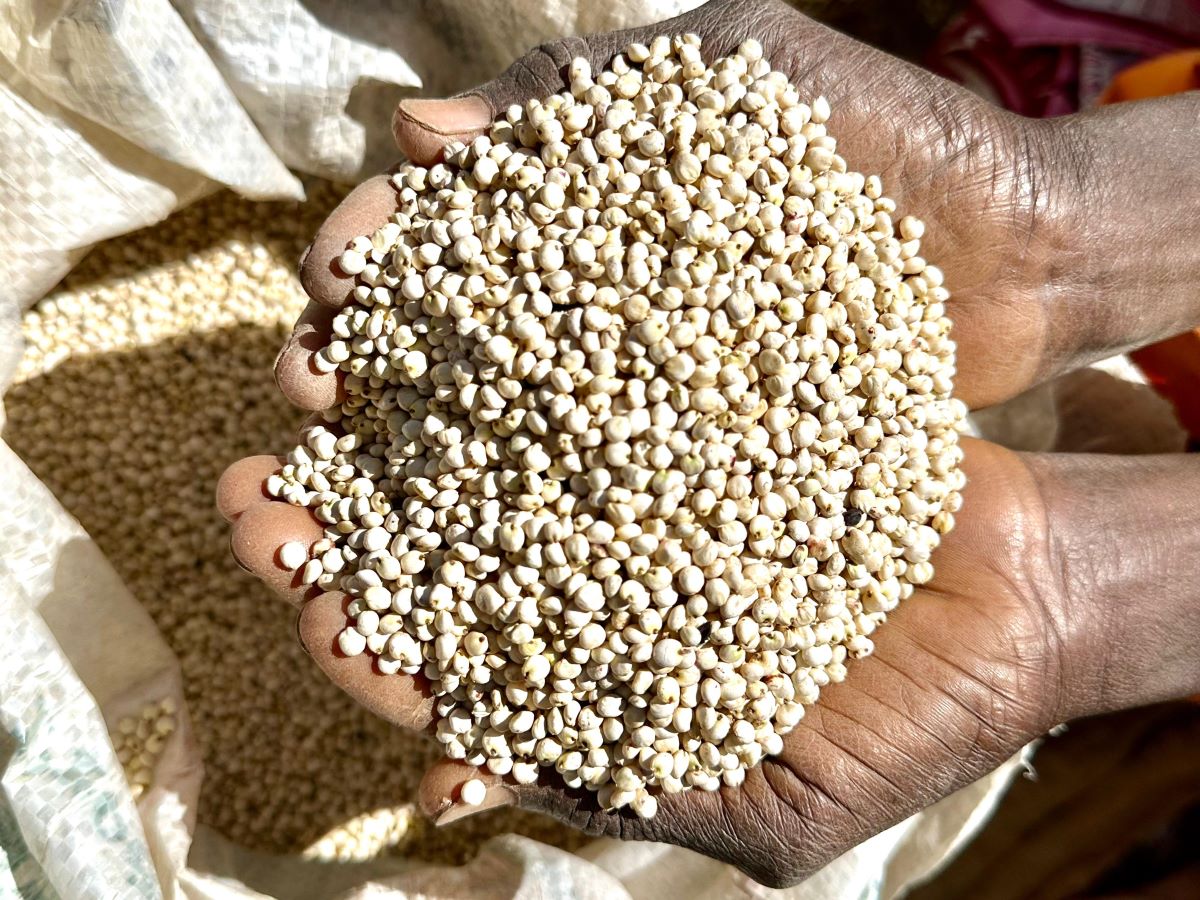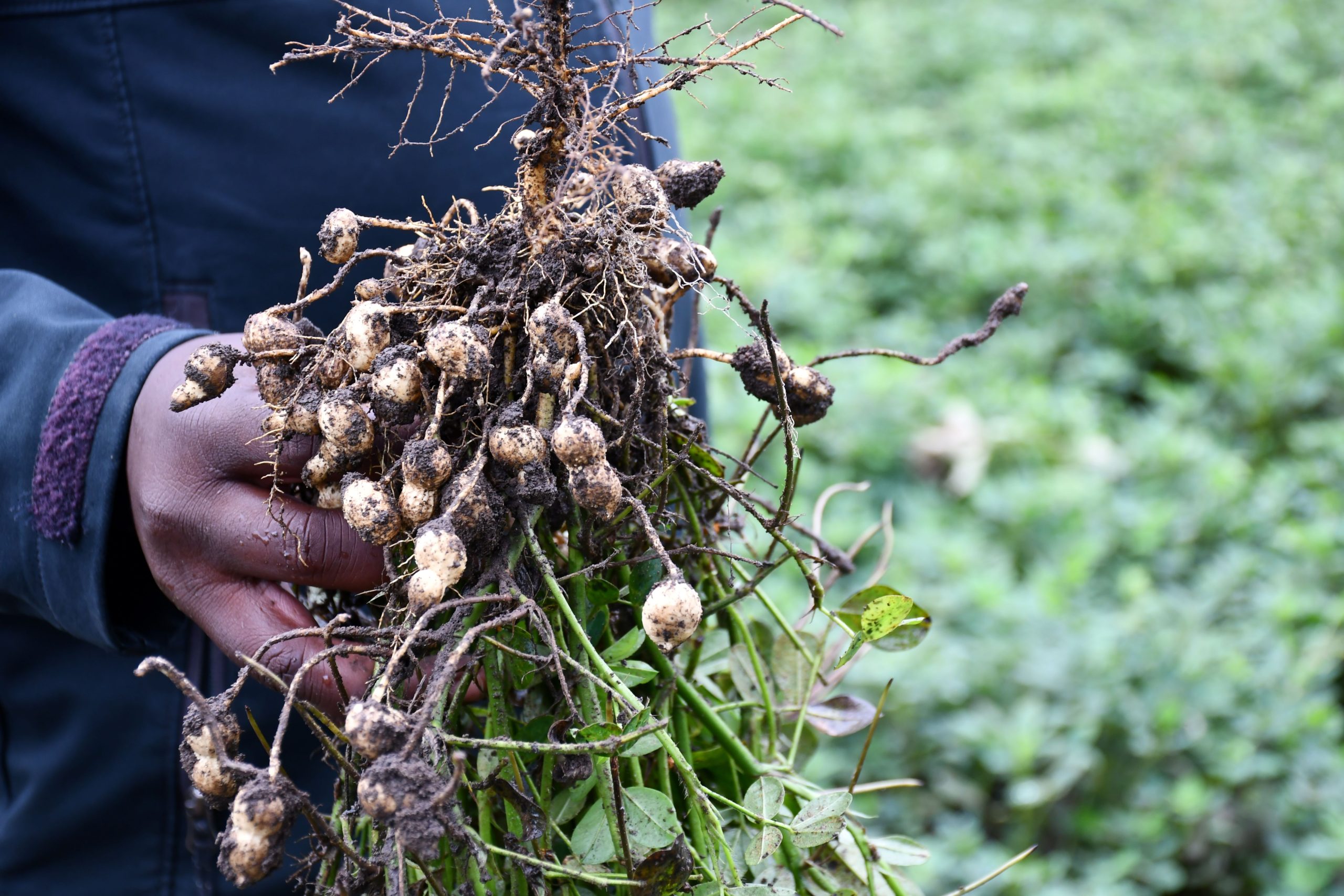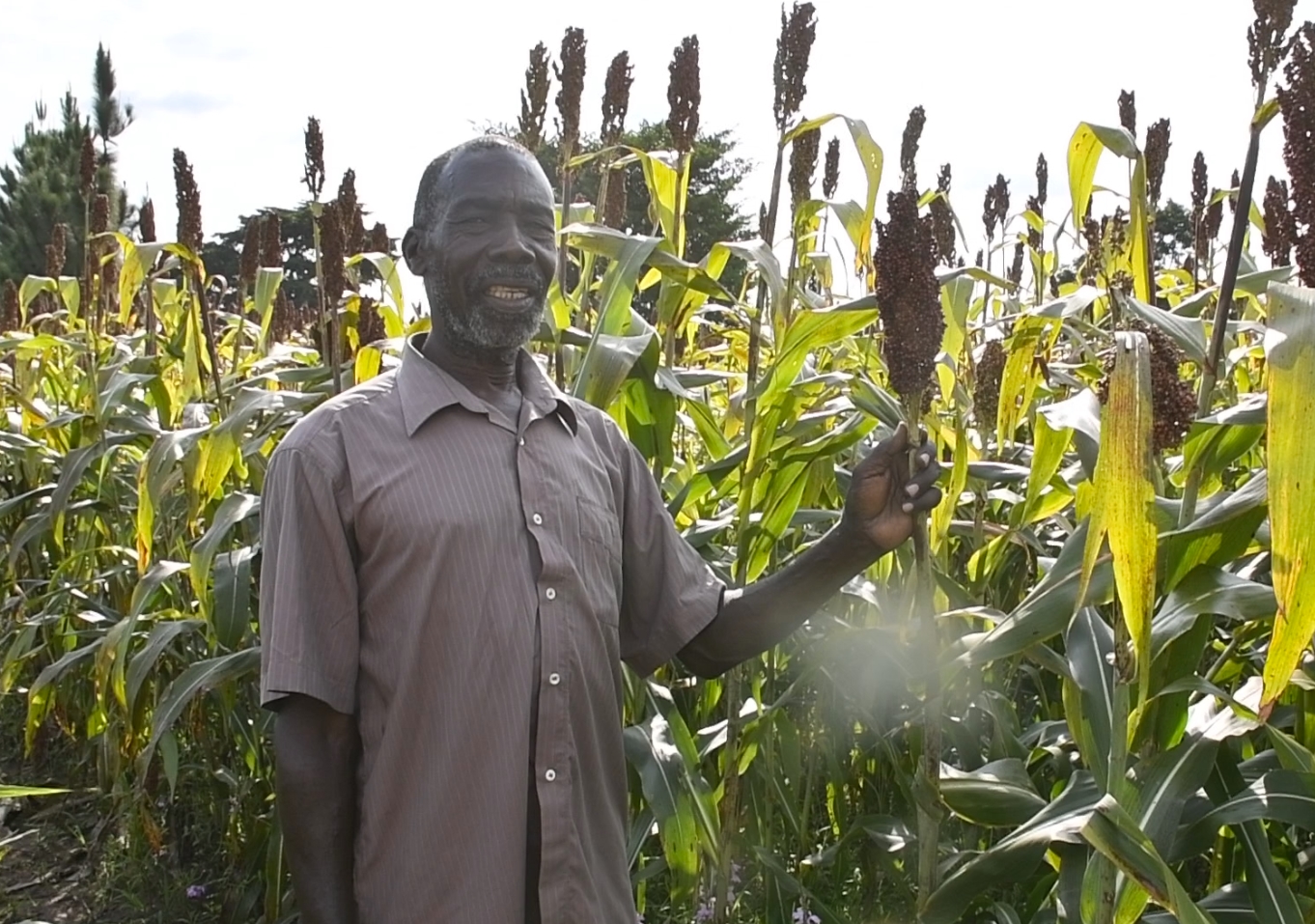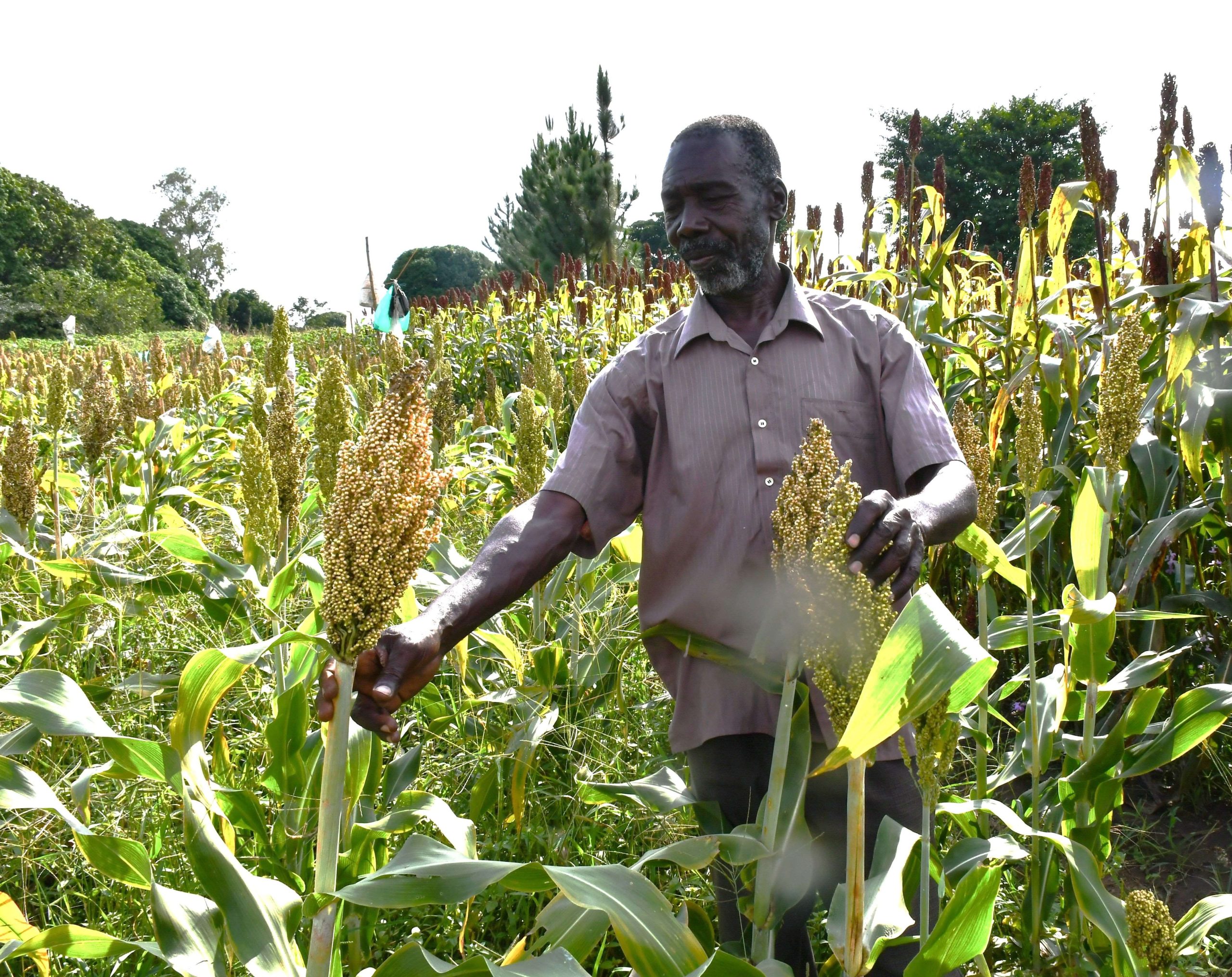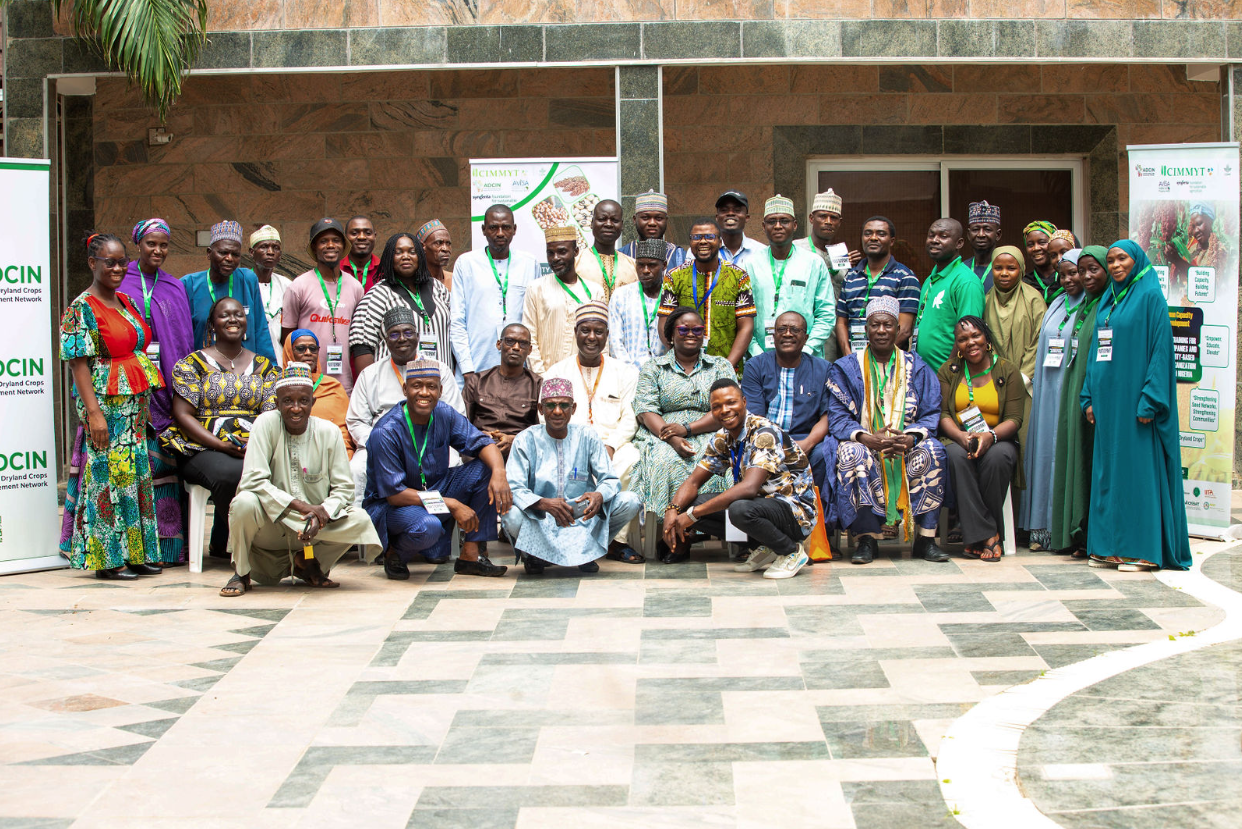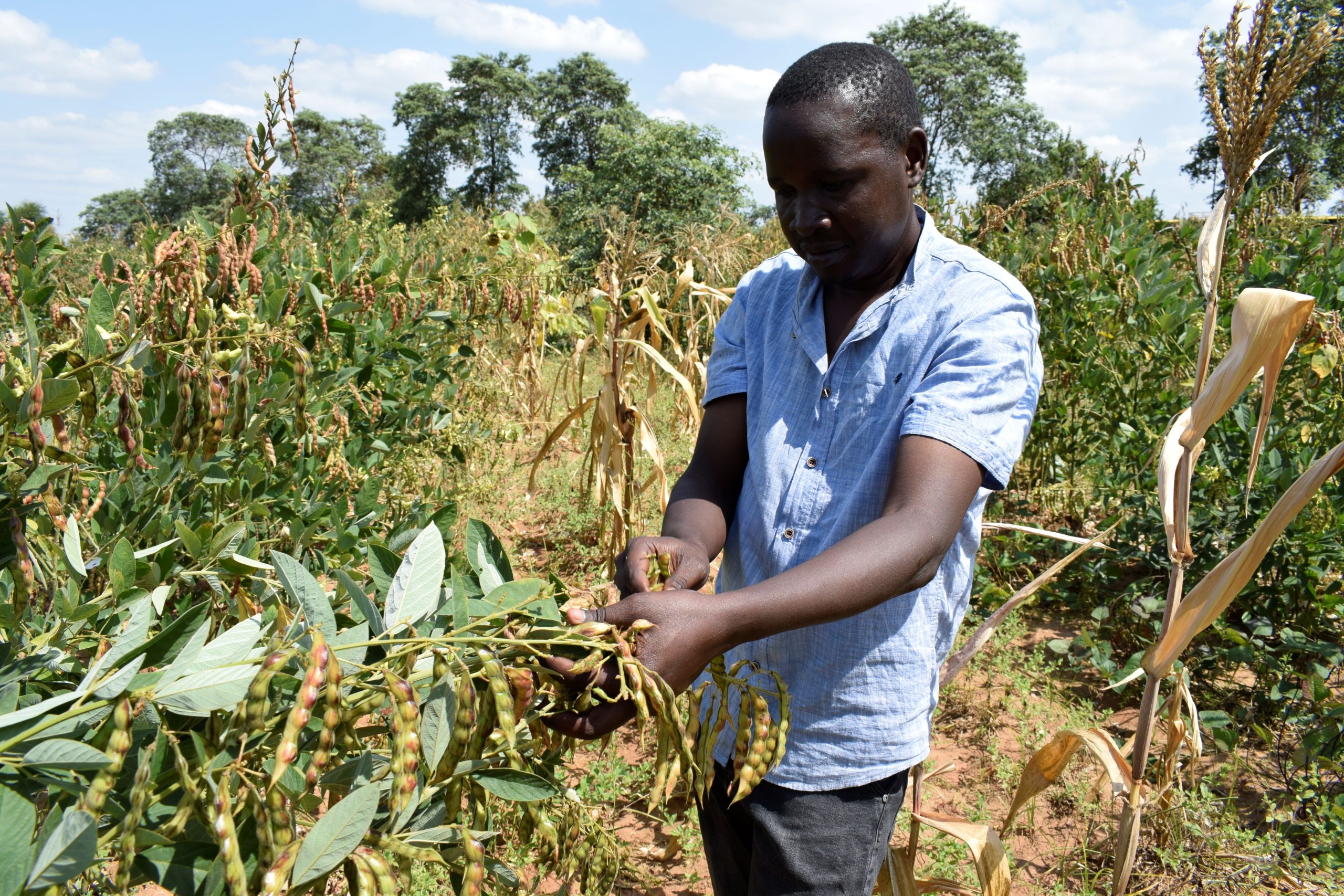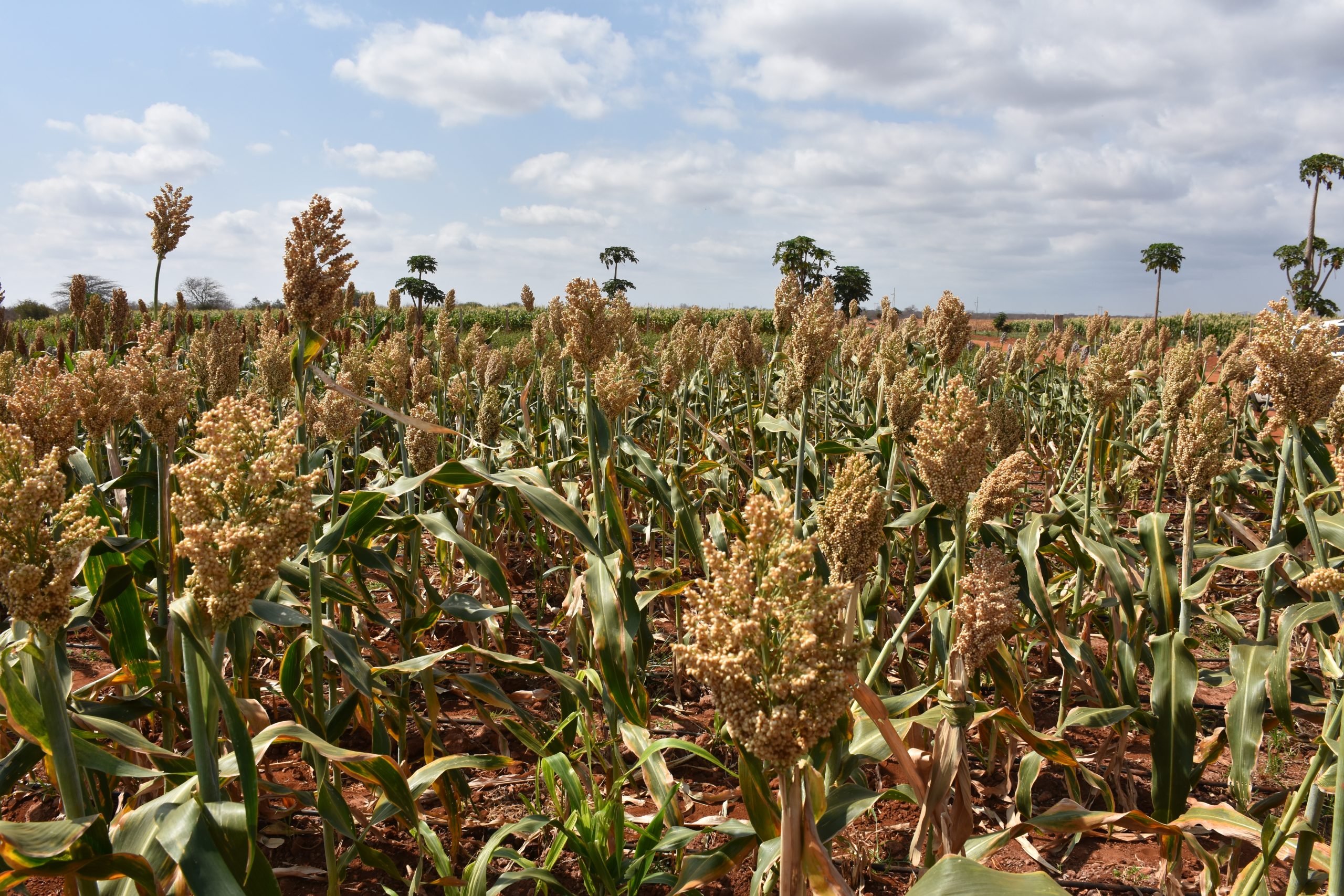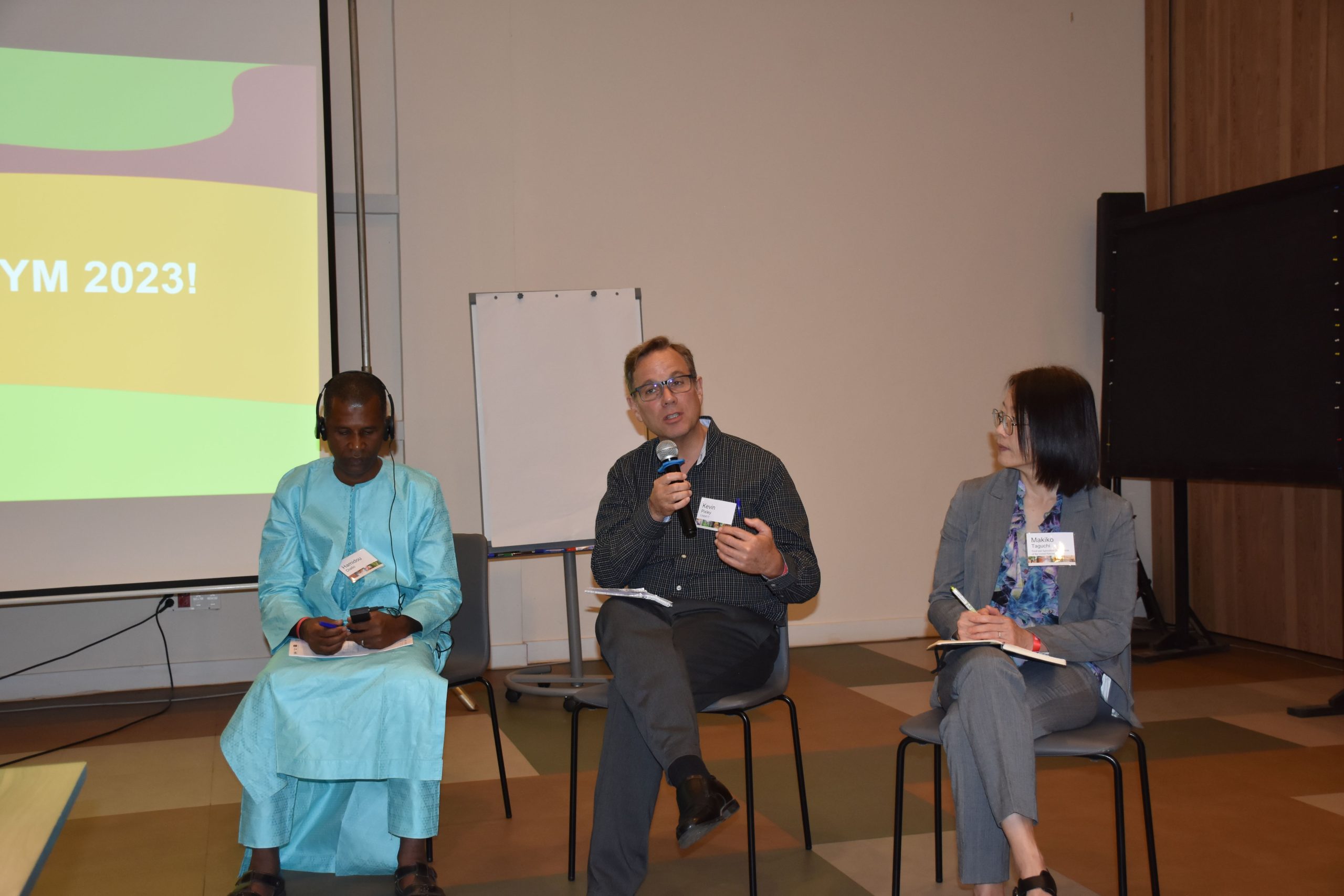dryland crops
Transforming Agri-Food Systems in Niassa: Building Resilience from the Ground Up
 Capacity development
Capacity development
In the heart of Niassa, Mozambique, CIMMYT is turning hope into harvest by equipping women and youth with certified seeds, knowledge, and market access to transform their farms and futures
A transformative leap in effective subaward implementation: Inside the revitalized sorghum and millets breeding programs at ZARI
 Capacity development
Capacity development
Through strategic leadership and support from CIMMYT, ZARI is emerging as a model for agricultural innovation and climate resilience, showcasing the power of science-driven collaboration to strengthen national research systems across sub-Saharan Africa
Seeds of change: How QDS is transforming smallholder farming in Tanzania
 Climate adaptation and mitigation
Climate adaptation and mitigation
CIMMYT strengthens Tanzania’s seed systems by improving smallholder farmers’ access to high-quality seeds and sustainable livelihoods
Driving Varietal Turnover: Insights from Market Intelligence and Seed Systems in Tanzania
 Capacity development
Capacity development
The workshops convened by CIMMYT and partners in Tanzania explored market intelligence and seed system strategies to accelerate varietal adoption and turnover for groundnut, sorghum, and bean stakeholders
Transforming Nigeria’s sorghum seed system with the FCMSS approach
 Climate adaptation and mitigation
Climate adaptation and mitigation
A seed revolution in Nigeria’s drylands is boosting yields and livelihoods through improved sorghum access
Bridging the seed gap in Kenya with standard certified seed
 Capacity development
Capacity development
Kenya’s Standard Certified Seed (SCS) initiative improves seed access, supports dryland crops, and strengthens climate-resilient agriculture through certification and capacity development
How one farmer is learning and leading the way in improved millet and groundnut seed production in Uganda
 Innovations
Innovations
Through access to drought-tolerant and disease-resistant crop varieties, Dennis Obua transformed a handful of seeds into a thriving farm, inspiring an entire community to embrace resilient farming practices
Farmer trials with improved seeds to promote seed production and improve local farming practices
 Capacity development
Capacity development
In Uganda’s Bukedea District, Nelson Ekurutu, with CIMMYT’s support, is testing improved crops to help farmers boost yields and build resilience through better seeds and practices
Navigating the seed market and transforming agricultural productivity
 Innovations
Innovations
AgriNet connects farmers with improved seeds, processes grains for diverse markets, and collaborates with CIMMYT and NaSARRI to align research with market needs and boost agricultural productivity
Transforming Farming in Uganda: The journey of four farmers and their demonstration plots
 Dryland Crops
Dryland Crops
Demonstration plots in Uganda showcase improved crops, inspiring farmers to adopt resilient varieties and boost food security
ADCIN strengthens agricultural capacity and resilience in sub-Saharan Africa
 Capacity development
Capacity development
CIMMYT is strengthening Africa’s dryland regions by building capacity in seed systems, crop improvement, business sustainability, and data-driven agricultural innovation
Machakos farmer reaps prosperity with new pigeon pea variety
 Capacity development
Capacity development
Festus Muthoka’s story reflects broader efforts in the agricultural community to introduce more resilient crop varieties that meet the needs of farmers in challenging environments
Launch of a new Global Partnership for the Vision for Adapted Crops and Soils initiative
 Capacity development
Capacity development
FAO and CIMMYT team up to boost traditional nutrient-rich, climate-resilient crops and healthy soils to enhance diet quality for today and tomorrow.
Transforming agricultural systems in Mozambique
 Gender equality, youth and social inclusion
Gender equality, youth and social inclusion
The Transformative Dryland Crops Project hopes for greater food security and increased income in northern Mozambique.
Transforming agriculture in sub-Saharan Africa: a new dawn for millet production
 Climate adaptation and mitigation
Climate adaptation and mitigation
As climate challenges intensify, a groundbreaking initiative is underway to revolutionize millet production in sub-Saharan Africa, leveraging the crop’s resilience and nutritional benefits to ensure sustainable food systems. A multi-faceted approach to enhancing millet production sets the stage for future initiatives and research aimed at realizing the full potential of millets in Africa.
